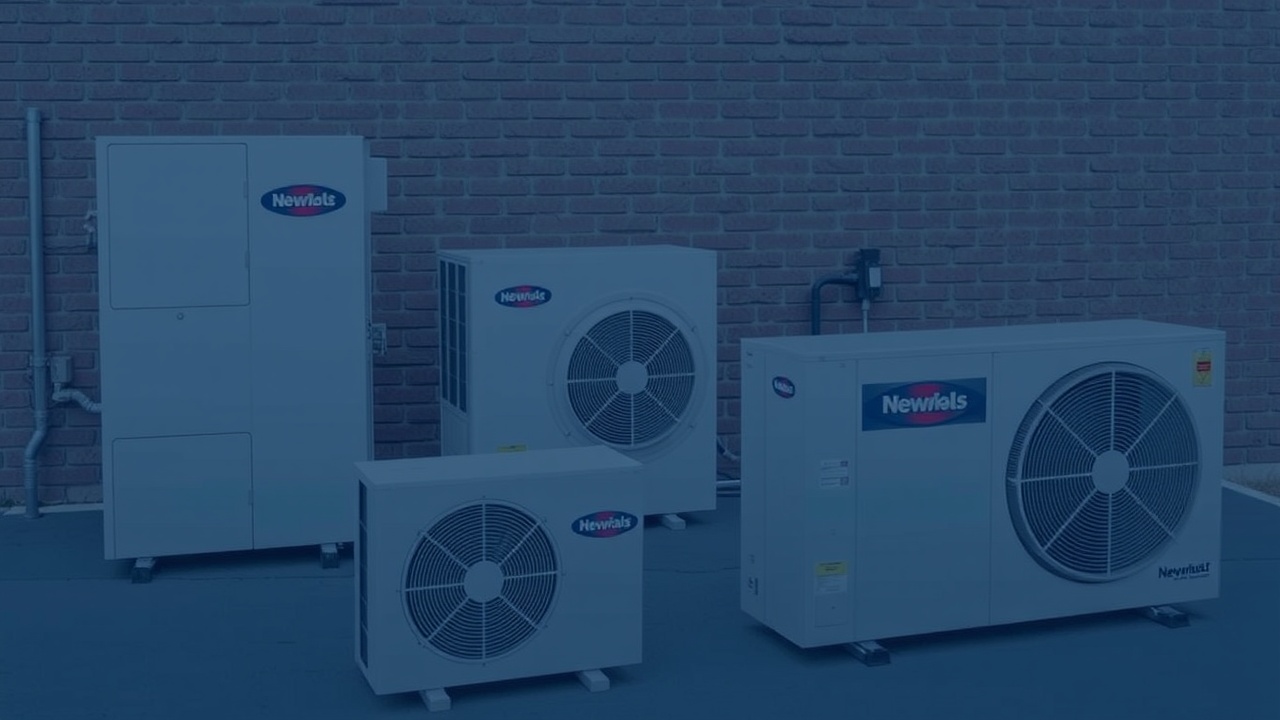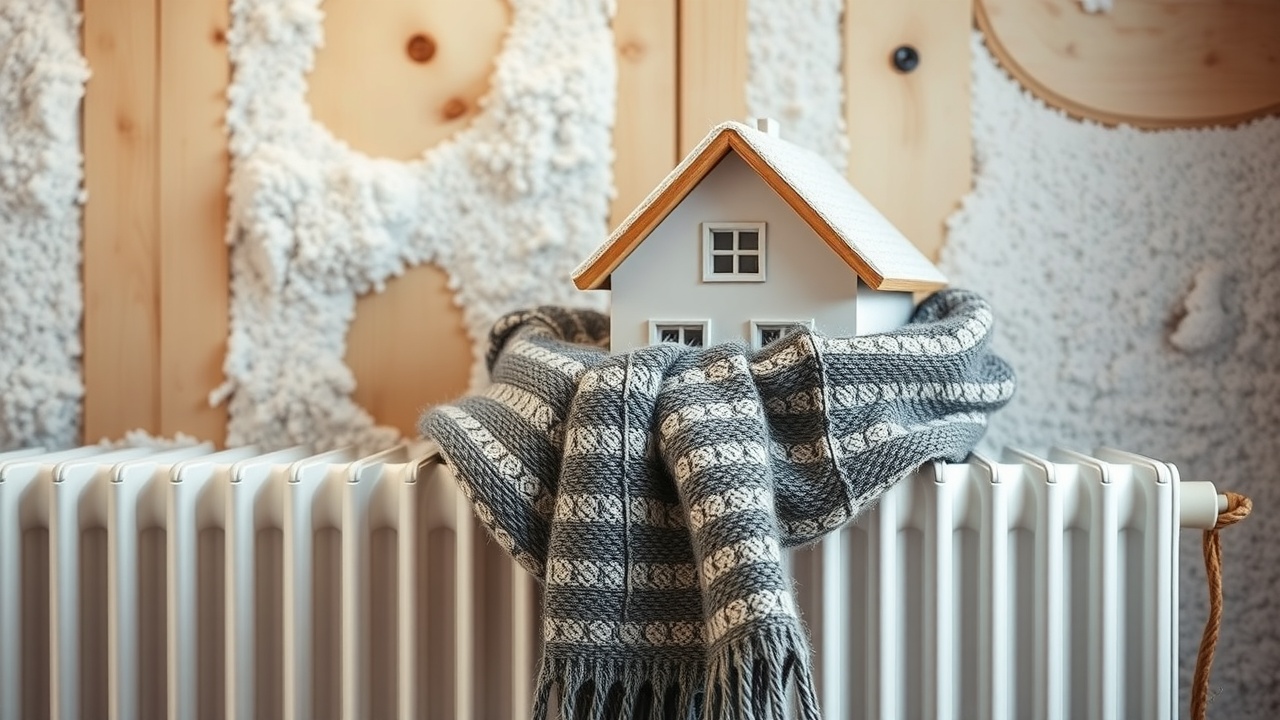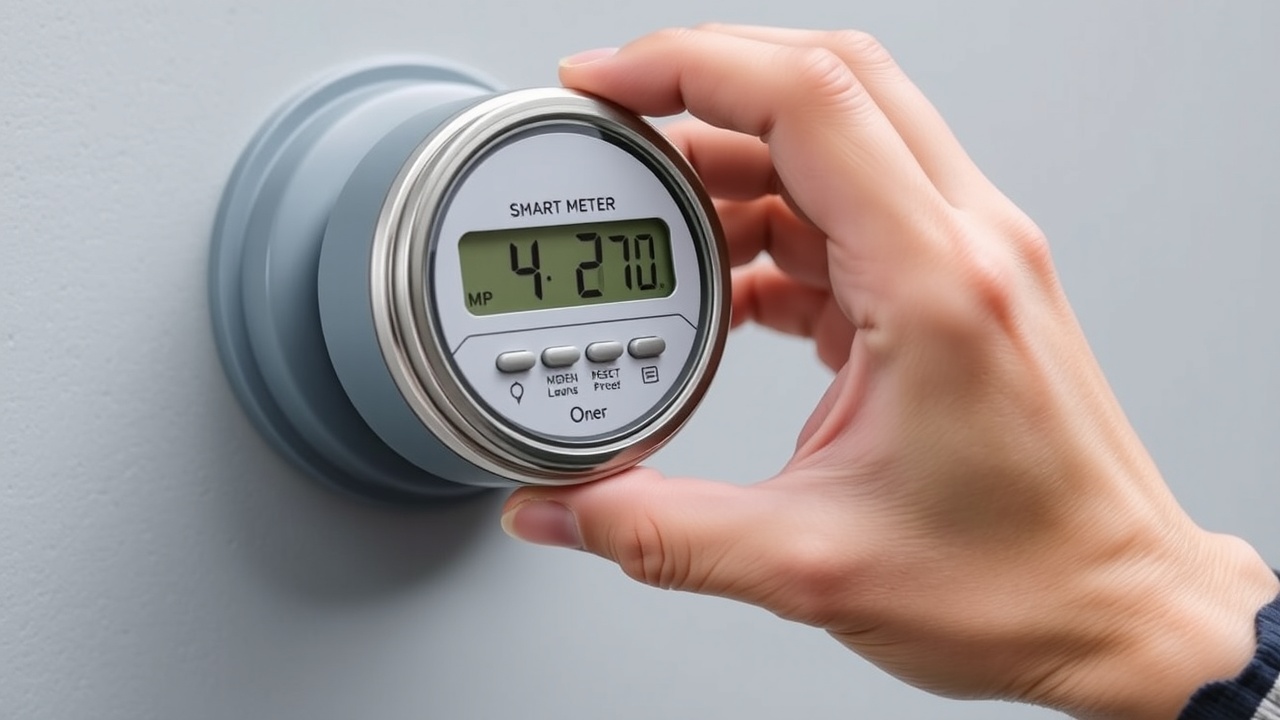
Within 15 years, half of homes should have heat pumps, the government's climate advisers have recommended
The cost of a heat pump, the operation of the 7,500 government grant, and other available discounts are examined.
Heat pumps are becoming more and more common in homes, but there is still a long way to go.
The government's advisory body, the Climate Change Committee (CCC), stated this week that four out of five cars should be electric by 2050 and that half of homes should have heat pumps within 15 years.
The United Kingdom is required by law to achieve "net zero" by 2050.
The government's consideration of the CCC's recommendations to quickly increase the number of electric cars on the road and heat pumps in our homes has sparked a debate about the cost, functionality, and number of heat pumps currently in use.
According to the CCC, about 1% of homes are powered by heat pumps. To reach 50% in 15 years is therefore a huge leap.
Many of those in operation today would have been set up with the government's £7,500 grant in the last few years. According to government data, the grant was used to install about 44,000 air source and ground source heat pumps between May 2022 and January 2025.
The number of vouchers used to pay for a heat pump was approximately double that of 2023, with about 2,000 being used each month last year.
The National Audit Office (NAO), which has previously criticized the low take-up despite the increase in heat pump installations, has stated that sales must rise sharply in order to meet government targets.
The lack of long-term financial support for UK households, the high cost of heat pumps in comparison to gas boilers, and low public awareness of the technology are some of the reasons given for the low number of heat pumps in homes.
You may be concerned about the cost of purchasing a heat pump because of the numerous price increases that are scheduled for April, including increases in council taxes, telecom and broadband fees, and water bills. Nonetheless, there are methods to lower the cost of installation.
If you're considering installing a heat pump, we go over how they operate and the available funding options. In addition to the government grant, you might discover that your energy provider has an incentive or that your mortgage lender offers cashback.
How are heat pumps operated?
Heat pumps enable you to provide hot water and heat your house in an eco-friendly manner. They emit less CO2 than other heating systems and are noticeably more efficient than gas boilers. According to the Energy Saving Trust, a heat pump generates three units of heat for every unit of electricity used.
In addition, heat pumps have a longer lifespan than gas boilers, usually operating for 20 years as opposed to a boiler's 10 to 15 years.
Air source and ground source heat pumps are the two primary varieties. The most popular type of air source pump in the UK is used to heat the air outside. To heat your house, ground source heat pumps move heat from the earth outside.
What is the price of heat pump installation?
According to official statistics, the average cost of installing an air source heat pump is approximately £13,000. At roughly 28,000 on average, ground source heat pumps are significantly more expensive.
In light of the average installation cost, you could still purchase an air source heat pump for £5,500 thanks to a 7,500 grant offered by the government's Boiler Upgrade Scheme.
However, depending on the size and style of their home, some customers may have to pay thousands more. An expensive, larger heat pump, for instance, might be required for a larger property. The cost may increase if insulation is added or radiators are replaced.
About one-third of homes need scaffolding, according to Octopus Energy. This is typically necessary when the hot water cylinder is placed at a height, such as in the loft or upstairs. An additional 8001,000 may result from this. Obtaining planning permission, which can cost anywhere from £250 to £330, may also be necessary.
For others, however, the bill may be significantly lower. After the government grant is removed, Octopus Energy promotes a "500 heat pump" deal. However, not every home qualifies. According to Octopus, between 10 and 15 percent of homes in the UK are eligible for the 500 quote; these homes vary in a number of ways, including being smaller, newer, better insulated, using less energy, and requiring fewer modifications (such as radiator swaps) to make the switch.
The supplier claims that larger or more complicated homes will cost more, but almost all of its quotes are below the £5,565 national average.
Do you think you might purchase a heat pump?
How do the 7,500 grants from the government operate?
A heat pump installation can save eligible households up to 7,500 thanks to the government's Boiler Upgrade Scheme.
You should be eligible for the full 7,500 if you're purchasing an air source or ground source heat pump for a house or small non-domestic building in England or Wales and you're replacing an existing fossil fuel system (like an oil or gas boiler, storage heaters, or panel heaters).
Note that self-built properties are acceptable, but they cannot be social housing or new construction.
The MCS-certified heat pump installer applies for the grant and deducts it from the cost of the unit.
Air-source heat pumps can be purchased in Scotland for up to 7,500 through the Home Energy Scotland grant and loan program, and households that meet the requirements for a rural uplift can receive an additional 1,500. There is an optional interest-free loan available for an additional £7,500 in funding.
Do you know of any other discounts?
There are a number of lesser-known discounts and incentives for installing a heat pump in addition to the 7,500 government grant. Your mortgage provider might have the largest ones. These are a few of the offers that are available.
Customers with Halifax mortgages can receive £2,000 through the bank's "Green Living offers." To be eligible, you must have a Halifax or Bank of Scotland current account and have applied for a mortgage or other borrowing with Halifax after July 31, 2024. Additionally, customers who install a heat pump can receive 2,000 in cashback through the Barclays Greener Home Reward program. You need to have a Barclays residential mortgage with a direct debit and current payments in order to qualify. Nationwide provides interest-free loans ranging from £5,000 to £20,000 to its mortgage clients in order to finance energy-saving upgrades like insulation and air source heat pumps. For the first two or five years, borrowers can take advantage of a 0% interest rate. For clients who intend to purchase a heat pump in the future, Ovo provides free heating for up to a year. Customers can "bank" one month of free heating for every two months they are with Ovo through the energy supplier's Beyond program. The money can be redeemed (up to 342) when an Ovo heat pump is bought. E. provides interest-free financing to install heat pumps.














Leave a comment on: Installing heat pumps can be made less expensive